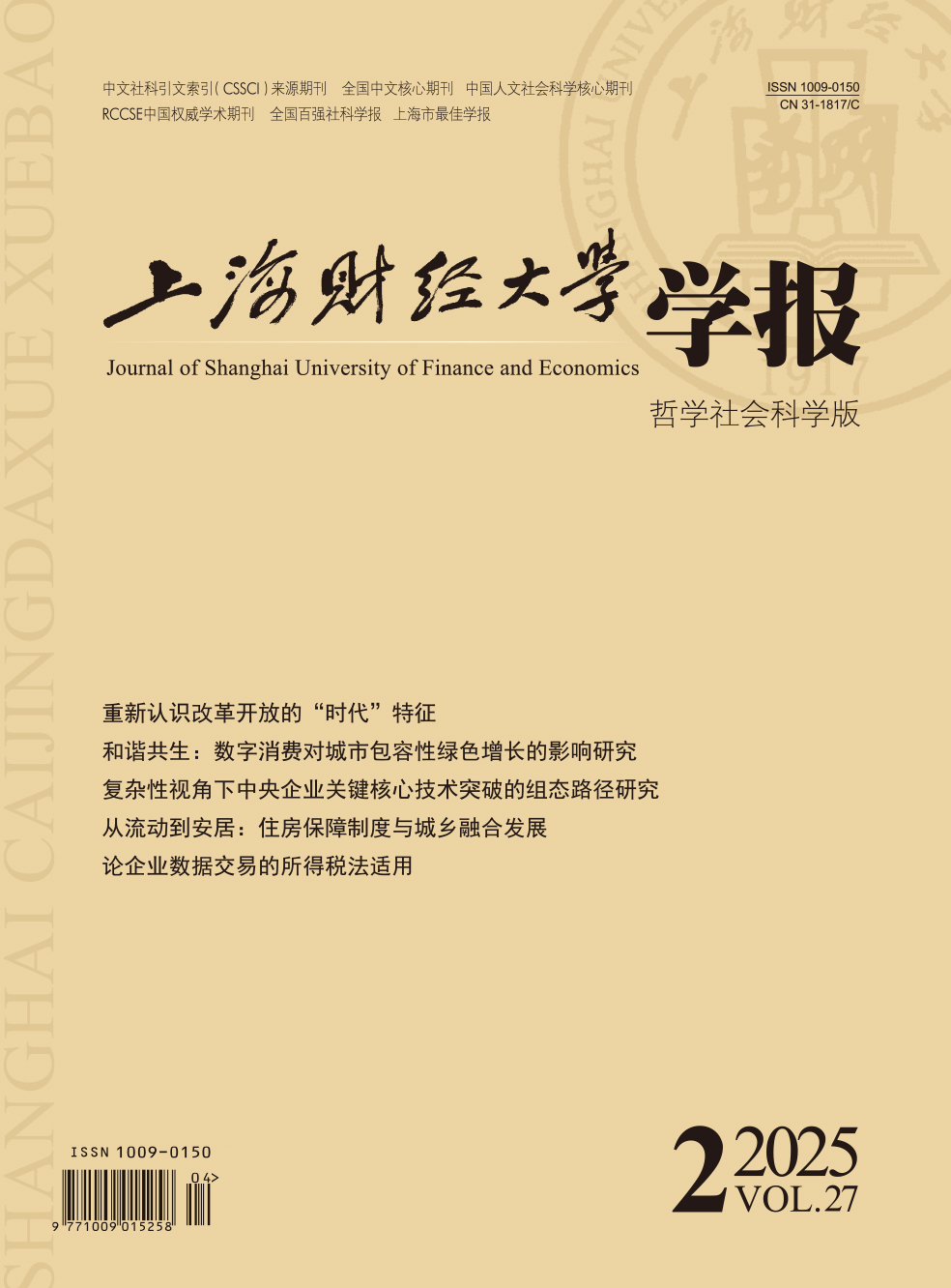The ethical issues in the growth of firms have always been the focus of the practical and academic circles. When faced with underperformance, whether firms will take moral hazard to deal with this dilemma is an important issue worthy of discussion. Based on the behavioral theory of the firm (BTOF) and the upper echelon theory (UET), this research discusses the influence of negative performance aspirations on corporate financial fraud, and further analyzes the regulatory mechanism of management autonomy. Based on the data of Chinese listed firms from 2003 to 2016, our research mainly draws the following conclusions: First, when a firm performs far below its historical aspirations, the firm tends to adopt a greater degree of financial fraud behavior to deal with the operating pressure. Second, when the CEO serves as the chair of the board, the CEO has higher management autonomy, which strengthens the relationship between performance below historical aspirations and financial fraud. Third, the greater the degree of staggered tenure between the CEO and the CFO, and the lower the CEO’s management autonomy, the weaker the positive relationship between performance below historical aspirations and financial fraud. Fourth, the higher the ownership concentration of the firm, and the stronger the shareholder’s supervision on the CEO’s participation in strategic decision-making, the weaker the CEO’s ability to take financial fraud, thus inhibiting the positive relationship between performance below historical aspirations and financial fraud. Further research shows that, because the controlling family can indirectly influence the strategic decision-making of family business through the personnel arrangement of key positions, the staggered tenure between the CEO and the CFO in family business strengthens the positive relationship between performance below historical aspirations and financial fraud. This paper has practical significance and enlightenment to standardize the legal operation of the firm, improve the corporate governance structure, and strengthen the internal control mechanism. This research has following contributions: First, it reveals the internal motivation that drives the firm to take financial fraud: performance below historical aspirations, which enriches the existing research in the field of corporate moral failure. Second, based on the perspective of motivation-ability, it introduces the CEO’s management autonomy into the framework of performance below historical aspirations and financial fraud, discusses the regulating effect of internal governance mechanism, expands the boundary of the influence of performance below historical aspirations on the firm’s financial fraud, and makes up for the previous literature which overemphasizes the impact of aspirations on executives’ risk-taking motivation and ignores the importance of risk-taking ability. Third, it expands the boundary of corporate performance feedback from the perspective of corporate moral hazard, enriches the existing research based on the theory of corporate behavior, and provides a reasonable research direction for scholars in this field.
 / Journals / Journal of Shanghai University of Finance and Economics
/ Journals / Journal of Shanghai University of Finance and EconomicsJournal of Shanghai University of Finance and Economics
LiuYuanchun, Editor-in-Chief
ZhengChunrong, Vice Executive Editor-in-Chief
GuoChanglin YanJinqiang WangWenbin WuWenfang, Vice Editor-in-Chief
Performance below Historical Aspirations, Management Autonomy and Financial Fraud
Journal of Shanghai University of Finance and Economics Vol. 23, Issue 02, pp. 46 - 60,92 (2021) DOI:10.16538/j.cnki.jsufe.2021.02.004
Summary
References
Summary
Cite this article
Lian Yanling, Liu Yilin, Zheng Weiwei. Performance below Historical Aspirations, Management Autonomy and Financial Fraud[J]. Journal of Shanghai University of Finance and Economics, 2021, 23(2): 46-60.
Export Citations as:
For





 4345
4345  5756
5756

